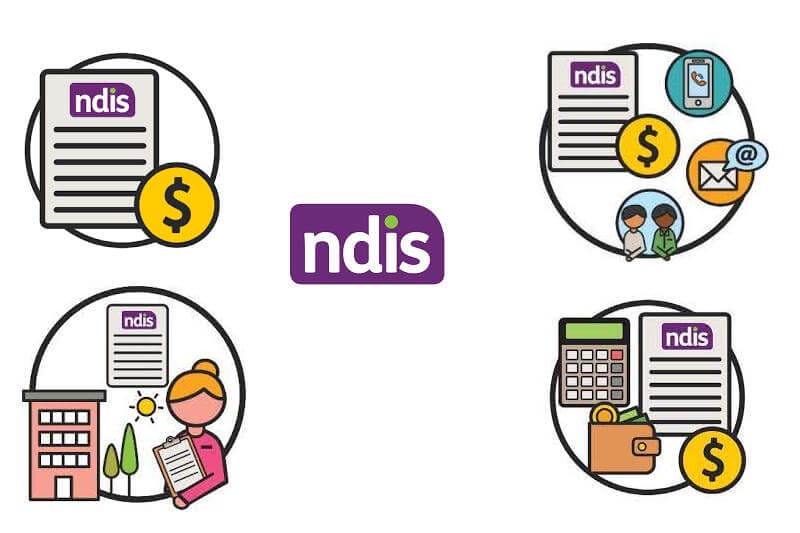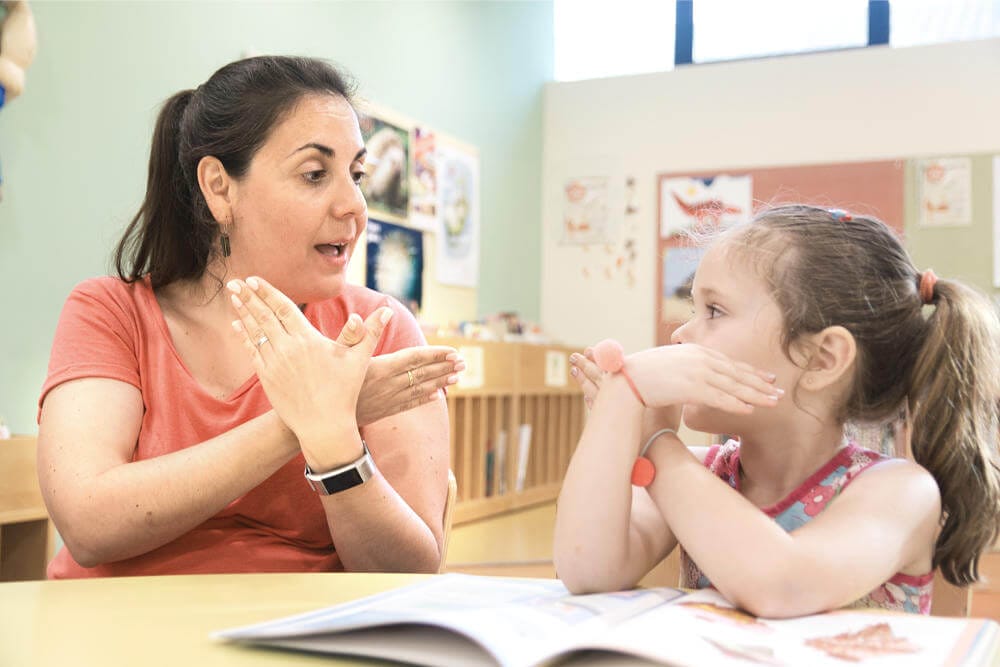What Are Some Examples Of NDIS Goals To Include In An NDIS Plan?
What Are Some Examples Of NDIS Goals To Include In An NDIS Plan?
Making an NDIS plan is not a one-size-fits-all process because everyone has distinct preferences and needs. Ultimately, the most effective means of assisting someone with a disability in improving their quality of life is developing a customised plan for that individual.
Having well-defined goals can help you get the most out of your NDIS plan. Let’s look at some of the goals you can include in yours.
The Importance of Goal Setting In NDIS Plan Development
A goal is a vision of the future or the desired end you aspire to, plan for, and commit to obtaining. Having a clear objective in mind helps you focus on any endeavour since it lets you figure out what you want.
Since your NDIS plan revolves around achieving your goals, you must take the time to reflect on them. Creating meaningful NDIS goals will keep you motivated and inspired to move forward.
Most importantly, it can assist in developing a cost-effective NDIS plan, hence reducing wasteful expenditures.
A well-thought-out strategy can also help you avoid dealing with a program that doesn’t meet your requirements.
NDIS Goal Examples To Include In Your NDIS Plan

Typically, your NDIS plan would include both short-term and long-term objectives.
Short-term goals are what you hope to achieve within the next 6–12 months. On the other hand, you want to accomplish your long-term goals within two to five years. Typically, an NDIS plan can have two short-term goals and five medium-to-long-term goals.
The following are only a few examples of possible goals for your NDIS plan:
- Setting a housing goal – whether it is to live independently or in shared accommodation
- Developing a new skill
- Improving overall health and happiness
- Enhancing interpersonal connections or making new friends
- More independence or self-sufficiency in daily living
- Playing sports or taking part in other recreational activities
- Participation in community events
- Establishing a career or retaining a job
Considering these areas before your NDIS planning meeting may help you pinpoint specific goals you have.
Setting Goals Using The SMART Framework
To give your goals structure and function, you can use the SMART method to help you implement them. Here’s what SMART stands for and how to apply it.
- Specific: What exactly do I want to achieve?
- Measurable: How much would it cost?
- Attainable: Can I accomplish this goal?
- Relevant: Is this goal worth pursuing?
- Time-bound: Can I finish this in six months or more?
Making a list of the things you like to do is also a good idea. Then, discuss it with people you trust to assist you in conducting a plan review. It helps you see things more clearly.
NDIS Early Intervention Goals
During the toddler and preschool years, the human brain matures the fastest. Treatment during these years is highly beneficial because it allows therapists to identify and address developmental deficits before they progress to more severe issues later in life. Furthermore, a child’s brain is more malleable than any other time in life. Therefore, it is preferable to seek therapy while the brain is still young.
In other words, your child will flourish if you seek help for them as soon as possible. On the other hand, parents will be far more able to deal with the circumstances.
For children with developmental delays or disabilities, the NDIS offers the following programs to help them reach their full potential:
What Does A Child’s NDIS Plan Look Like?

Consider the following NDIS goal examples to get an understanding of what a child’s NDIS goals might look like:
- By the end of the child’s NDIS plan, they will be able to use sign language or pictures to express their needs.
- The child will speak better and get better at using fine motor skills through regular speech and occupational therapy.
- Parents will get support from a psychologist to learn how to manage their own stress associated with raising a child with special needs.
Do not hesitate to seek help from an NDIS support coordinator or local area coordinator if you aren’t sure what the best NDIS goals for your child are. They are the most qualified individuals to assist you in setting attainable goals and optimising your NDIS strategy.
NDIS Disability Support Needs All in One Place
The NDIS is key for people with disability accessing subsisided disability support services in Australia. It can help enable people with disability to take charge of their lives, achieve goals and live a more active and fulfilling life.
There are around 4.3 million Australians with disability, which is about 16.7% of our total population. In November 2021, there were more than 484,000 Australians with disability supported by the NDIS, with this number expecting to grow to 500,000 within the next five years.
Recognising this demand, St Jude’s has expanded our scope of our NDIS disability support services to cater for many forms of disability and unique needs of our clients.
Whether you need help setting goals or putting together a recovery plan, our skilled NDIS support coordinators and qualified, ready-to-assist staff can help you. Our services extend to helping individuals with assessing their NDIS eligibility and putting together their NDIS applications.
St Jude’s is a fully compliant and accredited NDIS provider dedicated to helping people with disabilities, families, and carers. We have supported hundreds of people with disabilities to live more independently and achieve their NDIS goals.